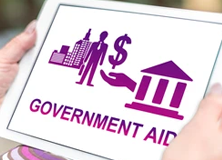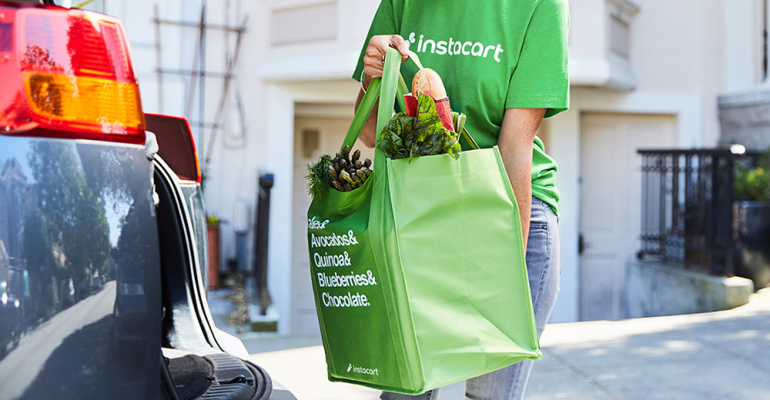Cash Assistance Programs in Alabama
Alabama
In Alabama, there are several government programs designed to assist people in need of financial support:
2023 Tax Rebate
Alabama offers a one-time tax rebate to eligible taxpayers who filed a 2021 Individual Income Tax return by a specific deadline. This rebate is not available to non-residents, estates or trusts, or anyone who was claimed as a dependent during the 2021 tax year. The amounts of the rebate are $150 for individuals (including those who are single, head of family, and those married but filing separately) and $300 for couples filing jointly.
Who qualifies for the Alabama 2023 Tax Rebate?
To qualify for the Alabama 2023 Tax Rebate, individuals must have filed a 2021 Individual Income Tax return which was received by the Alabama Department of Revenue (ALDOR) on or before October 17, 2022. However, certain groups do not qualify for this rebate:
- Non-residents of Alabama
- Estates or trusts
- Anyone who was claimed as a dependent during the 2021 tax year.
This rebate is a one-time tax return for eligible taxpayers and is part of the state's efforts to provide financial assistance to its residents.
Individual and Households Program (HP)
This program offers financial assistance or direct services to those with necessary expenses and serious needs, who are unable to meet these needs through other means. The amount of financial assistance can be up to $33,300, although some forms of IHP assistance may have limits.
Who qualifies for the Alabama Individual and Households Program (IHP)?
The Alabama Individual and Households Program (IHP) is designed to provide financial help or direct services to those who have necessary expenses and serious needs and are unable to meet these needs through other means. The qualifications for this program are generally centered around the following criteria:
- Necessary Expenses and Serious Needs: Applicants must demonstrate that they have necessary expenses and serious needs that cannot be met through other means. These could include costs related to housing, medical, dental, funeral, personal property, transportation, and other expenses that are directly related to the disaster.
- Financial Help Limit: There is a financial cap on the amount of assistance one can receive. As of the latest information, up to $33,300 is available in financial help, although some forms of IHP assistance have specific limits.
- Adjustments for Inflation: The financial help limit is adjusted each year, reflecting changes in the Consumer Price Index.
- Other Assistance Programs: Applicants must not be able to meet their needs through insurance or other forms of assistance.
It's important to note that the specific eligibility criteria can vary depending on the nature of the disaster or emergency and other situational factors. Therefore, for the most accurate and detailed information regarding eligibility and application procedures, it would be best to contact the Alabama Emergency Management Agency or the relevant local authorities directly.
Do recipients have to return the money at any point if they get financial help from the Alabama Individual and Households Program (IHP)?
Recipients of financial assistance from the Alabama Individual and Households Program (IHP) generally do not have to return the money. This program is designed to provide grants, not loans, to help individuals and families with necessary expenses and serious needs that arise due to disasters and cannot be met through other means.
Since the funds are grants, they are typically not required to be repaid. However, it is important for recipients to use these funds as intended, according to the guidelines of the program. Misuse of the funds or failure to comply with program requirements could potentially lead to legal consequences or the obligation to repay the funds.
If there are specific conditions or exceptions related to repayment, they would be clearly outlined in the terms and conditions of the program. Recipients should carefully review these terms or seek guidance from program administrators to ensure they understand their obligations and the proper use of the funds.
For the most accurate and up-to-date information, it's advisable to contact the Alabama Emergency Management Agency or other relevant authorities overseeing the IHP.
How does one go about applying for the Alabama Individual and Households Program (IHP) ?
To apply for assistance through the Alabama Individual and Households Program (IHP), you have several options:
- Online Application: You can apply for assistance online. This is often the most convenient method, allowing you to submit your application directly through a website.
- Phone Application: If you prefer, you can apply by phone. This option is helpful if you require assistance during the application process or have questions that need to be answered in real-time. You can contact FEMA at 1-800-621-FEMA (3362)
- In-Person Application: You also have the option to apply in person. This might be necessary or more convenient in some cases, especially if you need to provide physical documents or have face-to-face consultations regarding your application.
It's important to gather all necessary documentation before applying. This may include proof of identity, proof of residency status in the United States, and any documentation related to your disaster-related expenses and needs. Ensure to keep all receipts and records for any housing expenses incurred as a result of the disaster, as this documentation will be important for the evaluation of your application.
For the specific website address or phone number to initiate the application process, you should visit the FEMA website or the Alabama Emergency Management Agency's website, as they will have the most current and detailed information on how to proceed. Unfortunately, I was unable to access the direct link for the online application.
Temporary Assistance for Needy Families (TANF)
Administered by the Family Assistance Division, this program provides benefits and services to needy families so that children can be cared for in their own homes or in the homes of relatives.
Community Services Block Grant (CSBG)
This includes programs like the Low-Income Home Energy Assistance Program (LIHEAP), Alabama Weatherization Assistance Program, and Low-Income Household Water Assistance Program (LIHWAP). These programs are aimed at providing support in areas such as energy and water expenses for low-income households.
Low-Income Home Energy Assistance Program (LIHEAP)
Funded through a grant from the U.S. Department of Health and Human Services, LIHEAP assists low-income households with their home energy bills. The program is delivered through community action agencies and local nonprofit agencies across the state.
These programs are designed to address various needs, including household expenses, energy costs, and general financial assistance for families and individuals facing economic hardships.

 2022-07-07
2022-07-07
 2022-10-04
2022-10-04